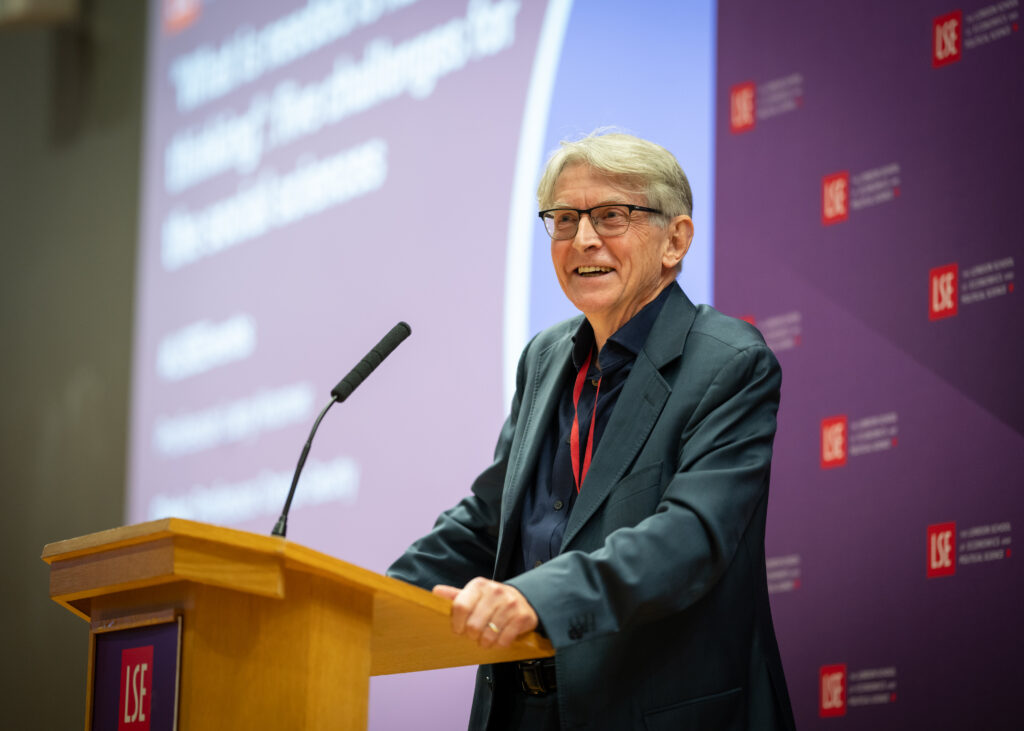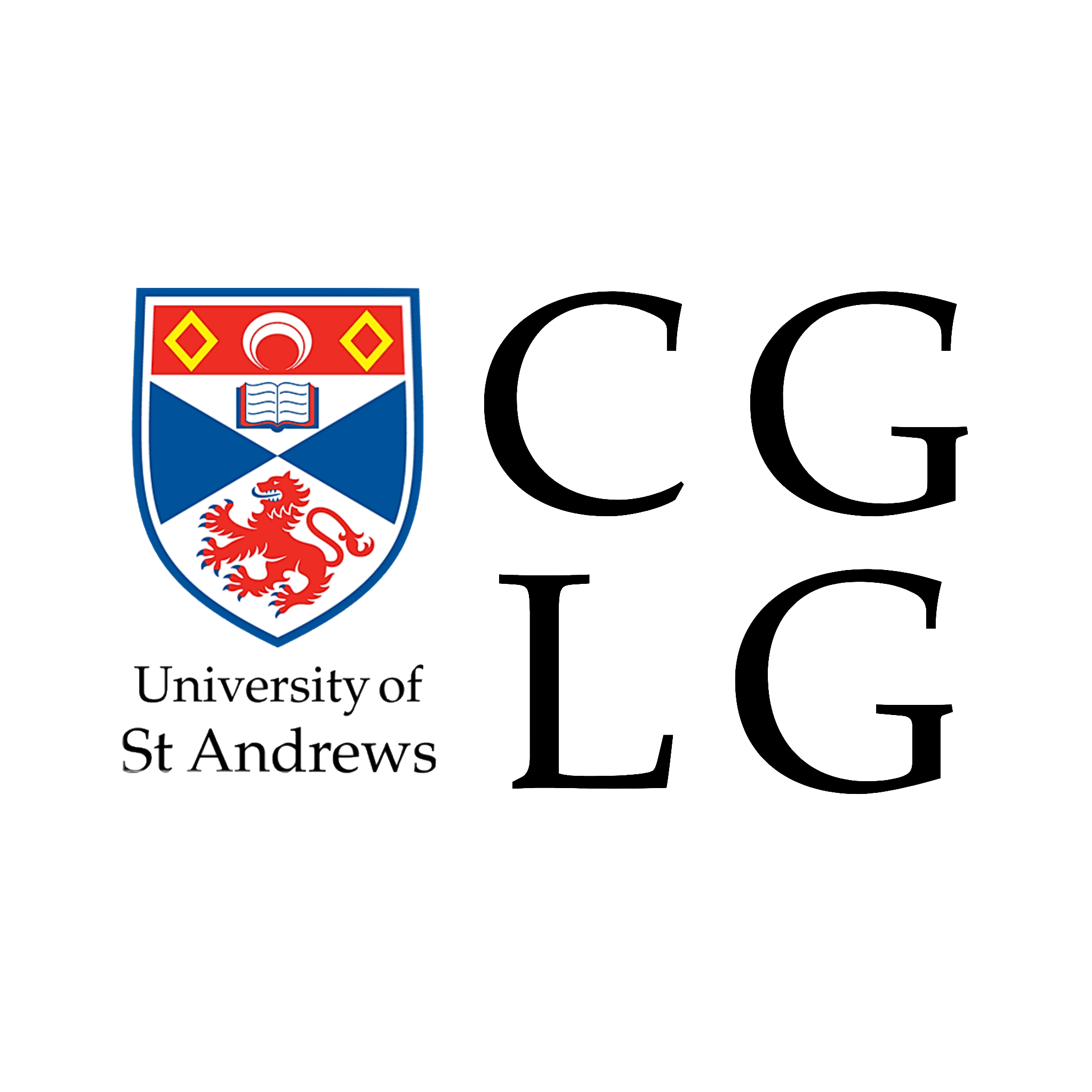
The CGLG is honored to host various speakers throughout the semester. From lectures to book launches, we are constantly striving to provide the St Andrews community with opportunities to learn from fellow academics.
Past Academic Talks 2025

The Politics of International Norms
Book launch
Anette Stimmer
Hosted by ILCR
Thursday, 17 April, 11:15
Anette Stimmer’s recently published book ‘The Politics of International Norms: A Rhetorical Approach’ (Cambridge University Press, 2025) sheds light on the effect episodes of contestation can have on norm strength. By using insights from rhetorical theories, she shows that it matters what norm elements are contested. Disagreements on the norm frame (e.g. over whether ‘due process’ or the UN Security Council’s prerogative prevails) tend to involve more uncertainty about the international community’s expectations than narrower disagreements on the behavioural claim (e.g. whether an Ombudsperson or an international court shall safeguard due process). The greater the uncertainty about what the international community considers appropriate, the weaker the norm. Furthermore, the book explains how three classical elements of rhetoric – speakers (including delegation to agents), argumentation and audience reactions – influence the duration of contestation and its outcome. The reactions of in-group members, for instance, are particularly influential for whether contested norm interpretations can be upheld. This rhetorical approach is applied to eight recent norm disputes, including the lead-up to the 2003 Iraq War, the 2011 No-Fly Zone over Libya, the South China Sea dispute, and contestation over the human rights of terror suspects. You can find more information about the book here: https://www.cambridge.org/gb/universitypress/subjects/politics-international-relations/international-relations-and-international-organisations/politics-international-norms-rhetorical-approach?format=HB.
Homeland Insecurity: The Rise and Rise of Global Anti-terrorism Law
Academic talk presented by Professor Connor Gearty
Friday, 28 February, 18:00
Parliament Hall

In the decades following the 9/11 attacks, complex webs of anti-terrorism laws have come into play across the world, promising to protect ordinary citizens from bombings, hijackings and other forms of mass violence. But are we really any safer? Has freedom been secured by active deployment of state power, or fatally undermined?
In his recent book, the title of this lecture, Conor Gearty unpacks the history of global anti-terrorism law, explaining not only how these regulations came about, but also the untold damage that he claims they have wrought upon freedom and human rights. Ranging from the age of colonialism to the Cold War, through the perennial crises in the Middle East to the exponential growth of terrorism discourse compressed into the first two decades of the 21st century, the coercion these laws embody is here to stay. The ‘War on Terror’ was something that colonial and neo-colonial liberal democracies had always been doing―and something that is not going away. Anti-terrorism law no longer requires terrorism to survive. And with Israel’s recent destruction of Gaza it is clear that for it and its Global North supporters, anti-terrorism no longer needs law of any sort to claim legitimacy.
Book Talk: “Fabricating Homeland Security: police entanglements across India and Palestine/Israel”
Academic talk presented by Dr Rhys Machold.
Wednesday, 5 February, 11:30-13:00
Arts Seminar Room 8
Co-sponsored by the Centre for Global Law and Governance (CGLG) and the Centre for Peace and Conflict Studies (CPCS), this event hosted Dr Rhys Machold, Senior Lecturer at Glasgow University, who discussed his recently published book Fabricating Homeland Security: police entanglements across India and Palestine/Israel (Standford University Press).
Rhys’ book shows that homeland security is rarely just a matter of the homeland: it involves the circulation and multiplication of policing practices across borders. Pairing insights from science and technology studies with those from decolonial and postcolonial theory, Fabricating Homeland Security looks at the fall-out of the 2008 Mumbai terrorist attacks, concentrating on the efforts of Israel’s homeland security industry to advise and equip Indian city and state governments.
